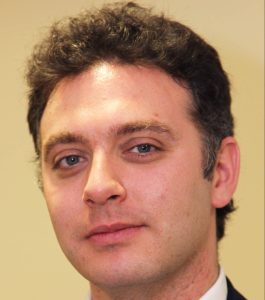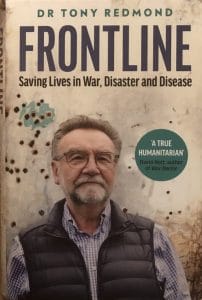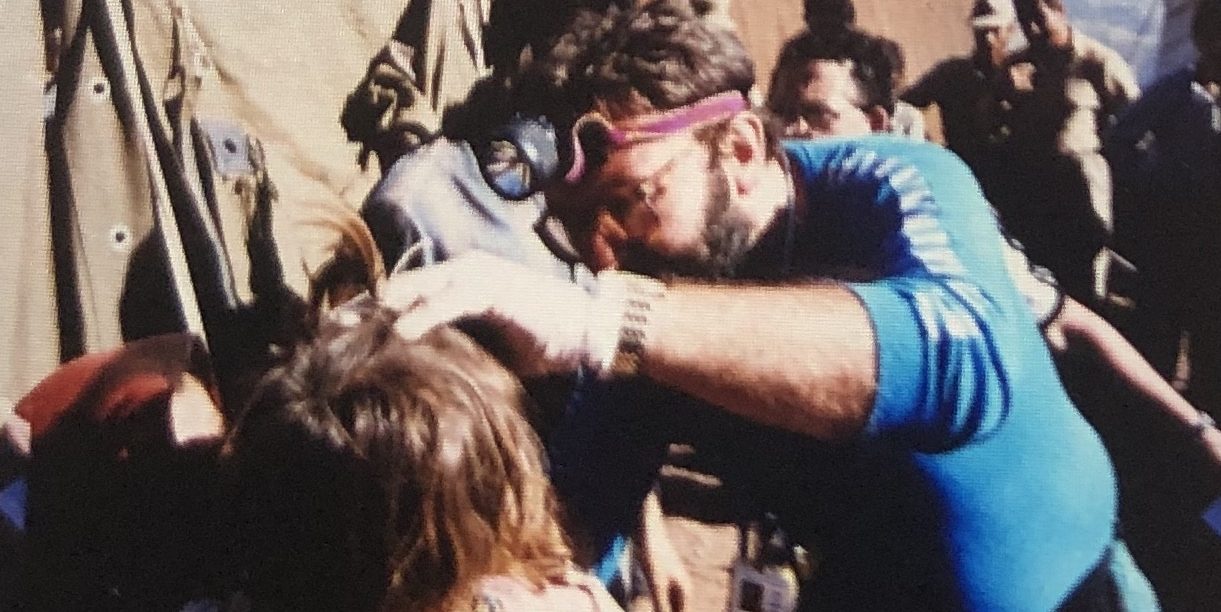 Perhaps I should not be the one writing this review. I am not usually a fan of memoirs, which are often disappointingly candid -yes, many a role model has retired themselves this way- or dull -in the manner of soap opera -I shall have to live with the fans’ disapproval. Yes, comes the expected punchline, this book is neither disappointing or dull. This is a relief, as I met the author when he took a course in philosophy- a course I lead. My review is unashamedly from the perspective of a ‘medical ethics educator.’ Indeed I now intend to use excepts from the book in teaching.
Perhaps I should not be the one writing this review. I am not usually a fan of memoirs, which are often disappointingly candid -yes, many a role model has retired themselves this way- or dull -in the manner of soap opera -I shall have to live with the fans’ disapproval. Yes, comes the expected punchline, this book is neither disappointing or dull. This is a relief, as I met the author when he took a course in philosophy- a course I lead. My review is unashamedly from the perspective of a ‘medical ethics educator.’ Indeed I now intend to use excepts from the book in teaching.
It is a reflective account full of haunting ethical choices.
 As well as an emergency medicine consultant, Tony Redmond (the author) has been a professor of international emergency medicine at the University of Manchester and worked for a variety of official humanitarian agencies. He has delivered (and continues to deliver) emergency care in catastrophes and conflicts around the world, often in the thick of it. Don’t be put off by the title – humanitarian medicine is about far more than saving lives – if anything David Nott’s praise on the cover, ‘A true humanitarian’ is a truer title for the book, which explores what that statement might actually mean. Naturally the author has stories to tell, but this is not the ‘One bloody thing after another,’ of sensationalism for shock value. It is a reflective account full of haunting ethical choices. Should he shake the hand of the mass murdering war criminal, if this means that vulnerable people will receive desperately-needed medical services? Should he report the official driver who is moonlighting as a taxi-for-hire in order to feed his family? Should the sickest or the fittest patient be evacuated to the field hospital? Time and again the author shares with us the messy realities of humanitarian medicine as a speciality and humanitarian medicine as an ethos in which we can all share.
As well as an emergency medicine consultant, Tony Redmond (the author) has been a professor of international emergency medicine at the University of Manchester and worked for a variety of official humanitarian agencies. He has delivered (and continues to deliver) emergency care in catastrophes and conflicts around the world, often in the thick of it. Don’t be put off by the title – humanitarian medicine is about far more than saving lives – if anything David Nott’s praise on the cover, ‘A true humanitarian’ is a truer title for the book, which explores what that statement might actually mean. Naturally the author has stories to tell, but this is not the ‘One bloody thing after another,’ of sensationalism for shock value. It is a reflective account full of haunting ethical choices. Should he shake the hand of the mass murdering war criminal, if this means that vulnerable people will receive desperately-needed medical services? Should he report the official driver who is moonlighting as a taxi-for-hire in order to feed his family? Should the sickest or the fittest patient be evacuated to the field hospital? Time and again the author shares with us the messy realities of humanitarian medicine as a speciality and humanitarian medicine as an ethos in which we can all share.
Idealism and realism repeatedly clash – I was struck by the sad realisation that to report corruption was likely to stop all aid to an area.
The author tells it ‘like it is’ but is not afraid to reflect on the General Medical Council’s prime directive, ‘Make the care of your patient your first concern’ as being superficially simple and loaded with uncertainty. Gems of scholarship are deployed to help us make sense of morality in the tragic, unfair and often corrupt theatre of catastrophe and conflict. You will see real-life application of humanitarian principles (humanity, neutrality, impartiality and independence) and ideas escaping from ethical and political theory. We can be very narrowly focussed when faced with emergencies but we are also invited to consider what happens next and how it will undo the immediate good of our actions. Idealism and realism repeatedly clash – I was struck by the sad realisation that to report corruption to the proper authorities would likely stop all aid.
But in case you leave this review thinking that this reflective account is all about rare and exciting dilemmas in far away places, the author repeatedly brings the story home. Many of the issues are instantly transferable to UK settings (go on… I dare you!) and the UK response to COVID-19 features. We are also treated to a glimpse of the author’s conversation with his father about careers. Sickened by the smell of dissection rooms, the young Tony Redmond considers an alternative career as a writer or musician. Citing A J Cronin and W Somerset-Maugham, literary icons who first qualified as doctors, the two hatch a secret plan to qualify and then escape to the life of an artist. Many of us will recognise similar conversations with our own parents and mentors. The author invites us into a human adventure, sharing his learning and his doubts, part memoir and part chronicle of our turbulent times.
Featured book: Redmond T, Frontline: saving lives in war, disaster and disease, HarperNorth, ISBN 9780008449537, Hardback, 307 pages, RRP £16.99
Featured image, Field hospital on Iran-Iraq Border (1991), courtesy of Anthony Redmond 2022






